Keywords: Universal Basic Income
-
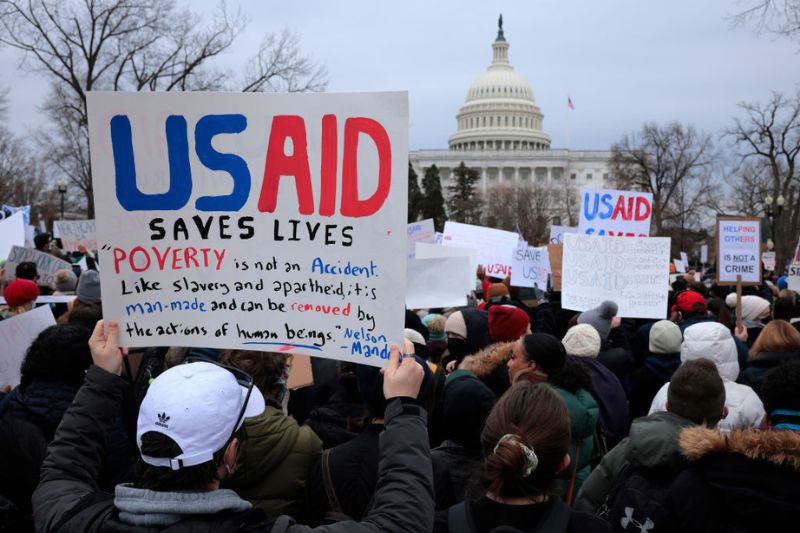
INTERNATIONAL
- Cameron Hill
- 26 February 2025
With cuts to USAID, international aid programs confront mounting challenges. Amid evolving power dynamics and strategic realignment, humanitarian assistance now faces fundamental questions about its future.
READ MORE
-
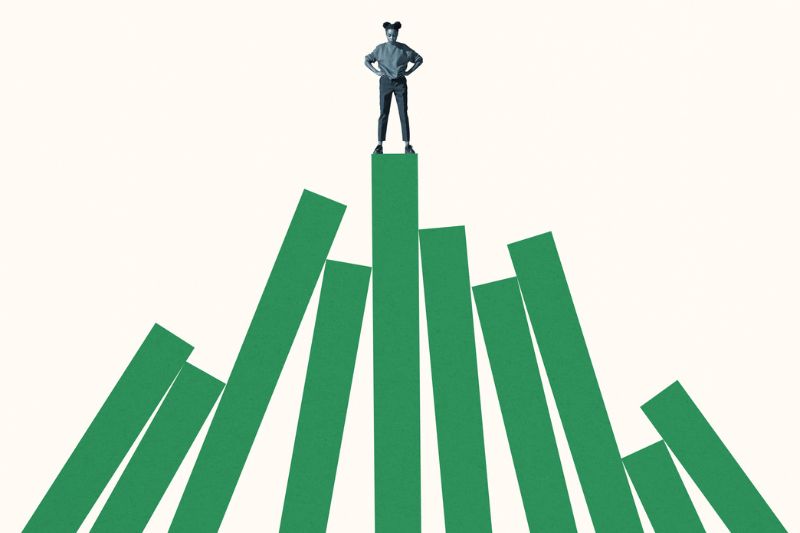
ECONOMICS
- David James
- 11 December 2024
BlackRock CEO Larry Fink predicts AI and shrinking populations will bring higher living standards without growth. But his optimism overlooks a critical flaw: conflating productivity, efficiency, and the true cost of 'growth.' With economic foundations shifting, the future demands a radical rethinking of capitalism’s purpose and the systems driving it.
READ MORE
-

AUSTRALIA
- Tim Dunlop
- 26 October 2021
2 Comments
We are in the midst of what is being called the ‘the Great Resignation’, with millions of workers rethinking the place of work in their lives, and WFH is a huge part of this. According to a report by Microsoft, ‘over 40 per cent of the global workforce [is] considering leaving their employer this year’ and hybrid work — a combination of home and office work — is here to stay.
READ MORE 
-
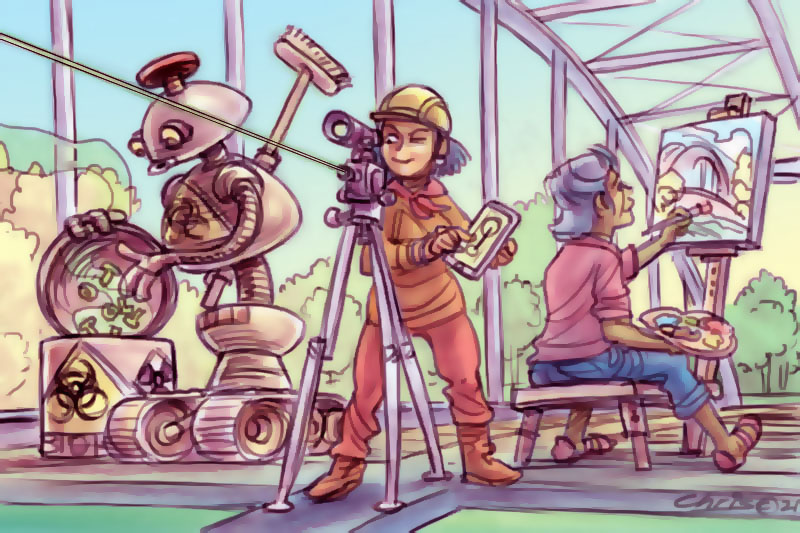
AUSTRALIA
The debate about the future of work, and therefore UBI, was hijacked by a reductive media narrative around ‘the robot question’ and this has made it hard to recognise the complex nature of the changes underway.
READ MORE 
-

AUSTRALIA
- David Manne and Laura John
- 18 June 2020
5 Comments
This Refugee Week, many asylum seekers and refugees are struggling to survive the COVID-19 pandemic. Some are trapped in immigration detention centres across the country in cramped and overcrowded conditions that make physical distancing impossible. Others are living in our community on temporary visas or no visas at all, struggling to make ends meet.
READ MORE 
-

ECONOMICS
- David James
- 04 February 2020
3 Comments
A shift is afoot in the west's financial markets that represents the most important economic change since the emergence of the new financial instruments in the 1990s that ultimately led to the global financial crisis. It is likely to result in a new way of thinking about money, which will change the substructure of developed economies.
READ MORE 
-
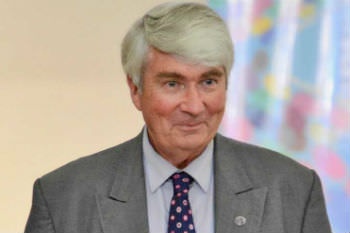
RELIGION
- Frank Brennan
- 18 February 2019
'We can do this better by breaking down the silos and binding together our concern for nature, justice for the poor, commitment to society, and interior peace.' Opening Keynote Address by Fr Frank Brennan SJ at the Catholic Social Services Australia National Conference, Port Macquarie 19 February 2019.
READ MORE
-

ARTS AND CULTURE
- Gillian Bouras
- 21 December 2018
2 Comments
In this season, I usually re-read A Christmas Carol, that timeless tour de force of the Dickensian imagination. The second spirit, the Ghost of Christmas Present, takes Scrooge to the shops, where the former restores good humour to squabbling delivery boys. For, they said, it was a shame to quarrel on Christmas Day.
READ MORE 
-

INTERNATIONAL
- Lizzie O'Shea
- 07 May 2018
12 Comments
A common response to voters behaving badly is to call for qualifications on the franchise, such as education, or the outsourcing of public policy decisions to experts. Instead, I'd argue the opposite: the problem is not democracy, it is the deficit. It is not that too many people have a say in how society is run, but rather not enough.
READ MORE 
-
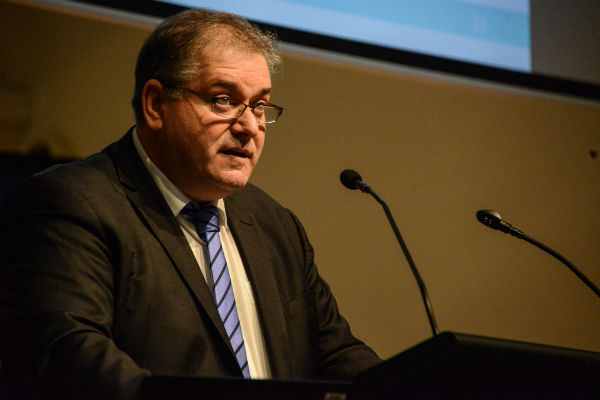
ECONOMICS
- Joe Zabar
- 27 February 2018
'Francis' statement is not one merely for theological or academic contemplation. It is in effect Francis' call to establish a new benchmark for our economy, one where exclusion and inequality are no longer a natural and accepted consequence of its operation.' Director of Economic Policy for Catholic Social Services Australia addresses the CSSA annual conference in Melbourne, February 2018.
READ MORE
-

PODCAST
In many ways, feminism has pushed the boundaries of where and how women participate in the economy. But there is a deepening sense that this has not been enough. So what got missed? Prominent academic and feminist Eva Cox discusses the impact of neoliberalism on women, and why the social lens is more critical than ever.
READ MORE
-
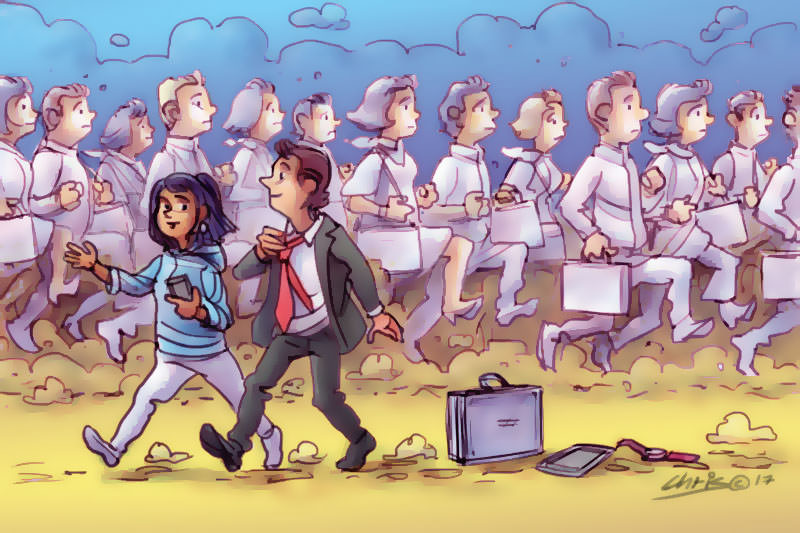
RELIGION
As adults we deal with KPIs every day at work, targets defined apparently for one's benefit so we all know what needs to be achieved if our jobs are to be secured. Sadly, they also determine what, how and where we focus our efforts as these targets are internalised over time. If there is to be a future for work, it is to be found in such disobedience, a rejection of the primacy of paid labour for work as 'pleasure in the exercise of our energies'.
READ MORE 